– IFIC HANGZHOU –
Water Turns Turns Water
Hangzhou, the most beautiful city of China, used to be a bay frequently facing the hazard of rising sea level and flooding. Hangzhou was once considered not suitable for inhabitation. However, this land has developed the earliest civilization in China.
How did our ancestors make it? And why did they insist on building their lives here?
A case study and exploration of Hangzhou focus on
- how it has turned its disadvantages into advantages
- how it has solved the challenges during different developing phases
- how it has become the pioneer in innovation while preserved the tradition
Hangzhou (Chinese: 杭州)
One of China’s seven Ancient Capitals, is the capital and largest city of Zhejiang Province in Eastern China. Hangzhou has been recognized by the World Bank as having China’s best investment environment. It has also won the “Best Human Habitat” award by the United Nations. It’s recognized as the Capital of E-commerce, the Top Ten Innovative Cities of China, the Top Ten Vibrant Cities of China, the Top Ten Low-carbon Cities of China, the Most Accomplished City in People’s Well-being Improvement, and the Best Image Friendly City. Alibaba Group, the world’s biggest online B2B business, and Geely which acquired Volvo, are both headquartered in Hangzhou.
Grade
9-12
Location
Hangzhou
Length
7 Days
Language
English/Chinese
Explore & Research
Water Turns at UNESCO’s World Heritage Sites
EXPLORE water turns built at different periods
RESEARCH the impact on PAST, PRESENT, and FUTURE
SOLVE problem, CREATE solutions to nowadays problem
COLLABORATE with Chinese students at final pitch
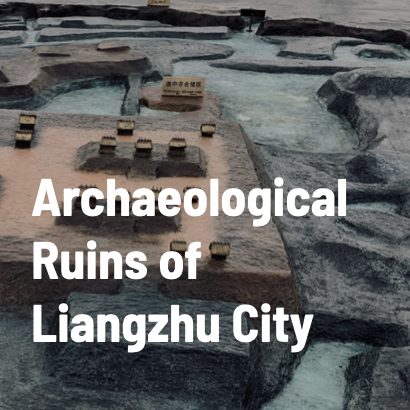
The Archaeological Ruins of Liangzhu
(about 3,300-2,300 BCE) reveal an early regional state with a unified belief system based on rice cultivation in Late Neolithic China. These ruins are an outstanding example of early urban civilization expressed in earthen monuments, urban planning, a water conservation system and a social hierarchy expressed in differentiated burials in cemeteries within the property.
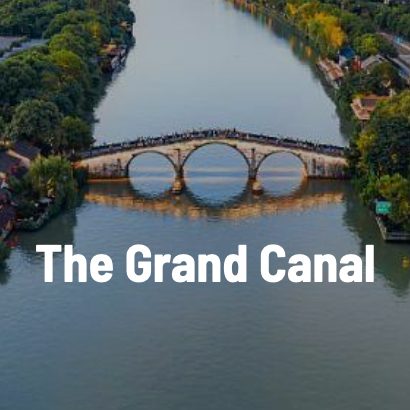
The Grand Canal
about 1,764 kilometers (1,200 miles) long, is the longest and greatest man-made waterway in ancient China, far surpassing the next two of the world: the Suez and Panama Canals. Grand Canal contributed greatly to ensuring that the Chinese primary economy thrived in past dynasties. Now more than 2,000 years old, some parts of the canal are still in use, mainly functioning as a water-diversion conduit.
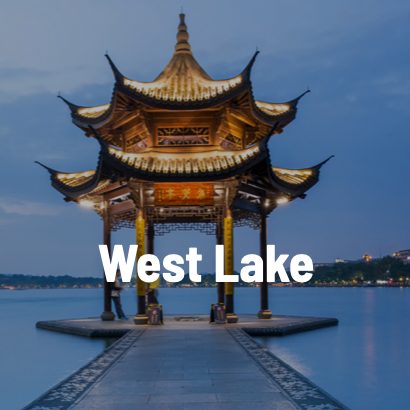
West Lake
has become the world-famous tourist destination and is known as the “paradise on earth”. It is one of Top 10 China Attractions. Every day, 300,000 cubic meters of living water from the Qiantang River is replenished to the West Lake. The supplemented water is first treated by physical and chemical methods (coagulation-flocculation-precipitation) and then input into the West Lake.
EXPERIENCE
Chinese Culture and Traditions
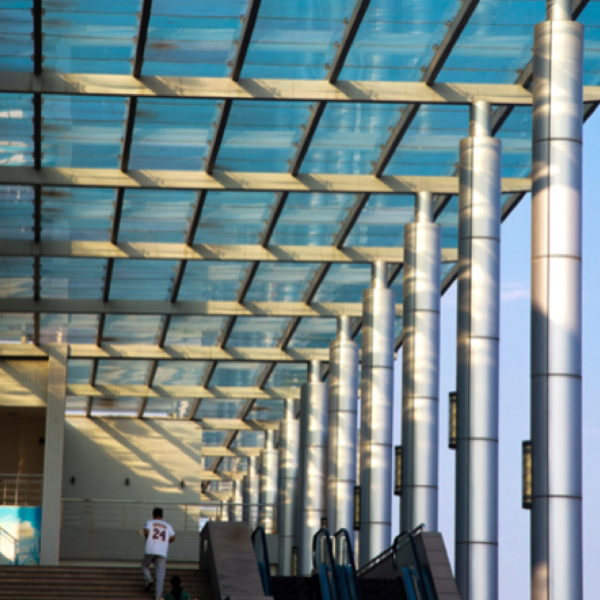
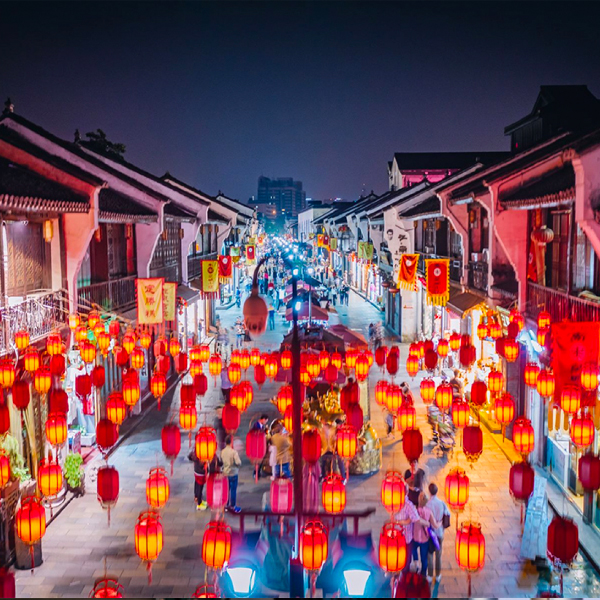

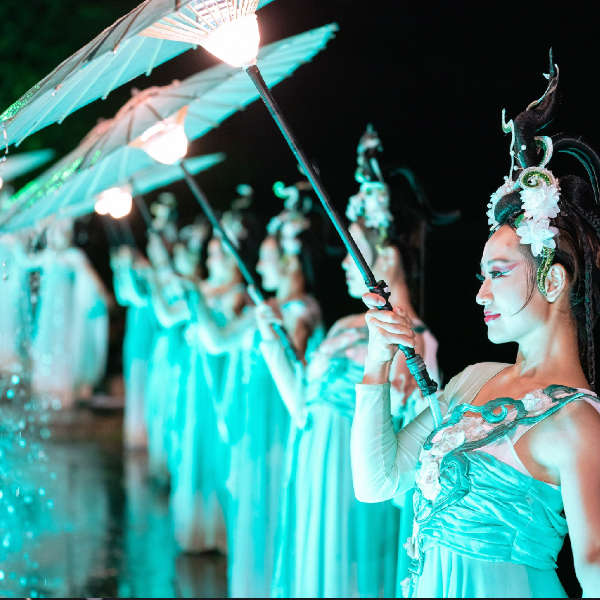
Learning outcomes
Students should be able to
Identify and define core problems according to different historical stages
Understand the reason behind the changes of the city in different stages, and a city’s sustainable development
Propose and analyze solutions for problems identified in different historical stages
Engage the imagination to explore new possibilities
Improve Chinese communication skills and understand the culture behind Chinese language
itinerary
Arrival & Welcome
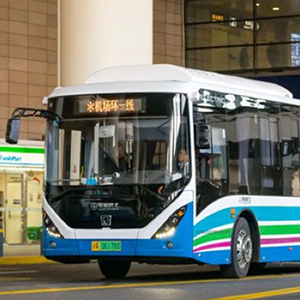
Arrival
Pickup at Hangzhou Xiaoshan Airport

Welcome Party
Project kit grouping
Field trip – Haining
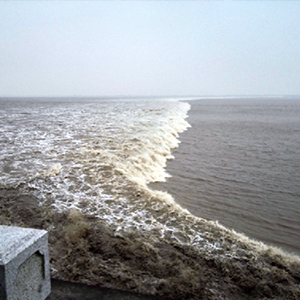
Research
Watch the biggest Sea Tidal Wave.
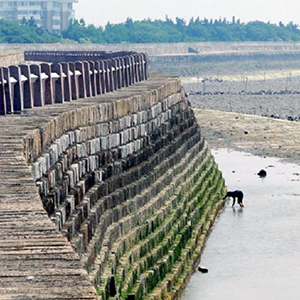
Research
Visit the ancient sea wall. Discuss the cost and benefits.

Cultural Experience
Watch the Chinese opera with innovative visual effects tech in the traditional theatre and dance performance.
Liangzhu Civilization
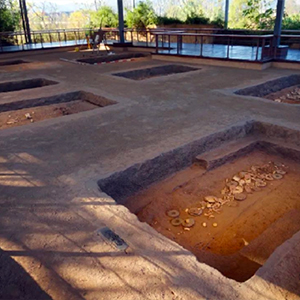
Explore
Explore the foundation of Liangzhu Ancient City.
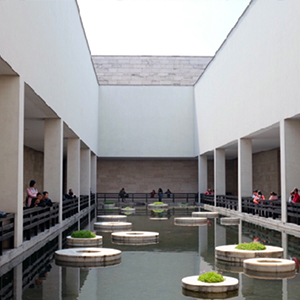
Research
Research the problem of flood and solutions at Liangzhu Museum. How did this develop the civilization?

Cultural Experience
Learn Chinese Kongfu from Kongfu master.
WEST LAKE AGE
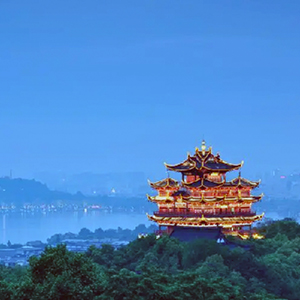
Explore
Explore the formation from sea bay to fresh water lake at Chenghuang Pavilion.
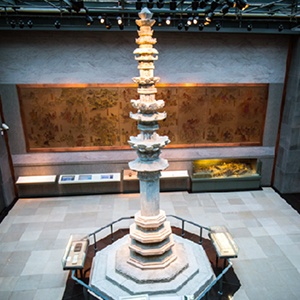
Research
Research the importance of West Lake water treatment at Hangzhou Museum.
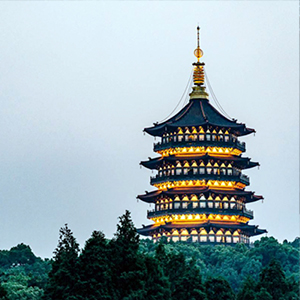
Cultural Experience
Read Chinese poem, enjoy the great view of the West Lake, and experience the folk culture
The Grand Canal Age
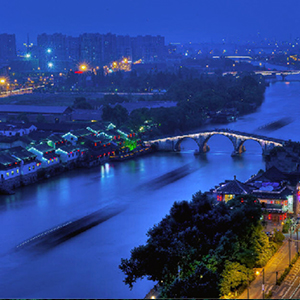
Explore
Explore the prosperity of trade that the water way has brought to a city along the Grand Canal.
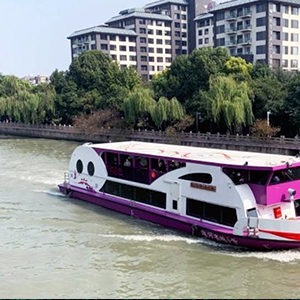
Explore
Experence the river bus still working on the canal.
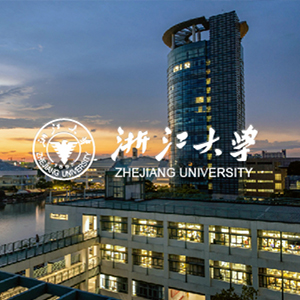
Cultural Experience
Visit Zhejiang University, one of China’s oldest and most prestigious higher education institutions.
Challenge and Pitch
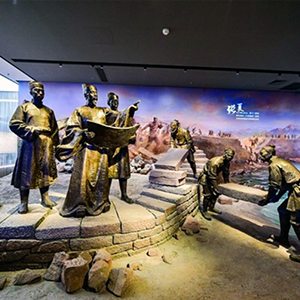
Research
Learn the development of seawalls/dams across Chinese history at Seawall Museum.
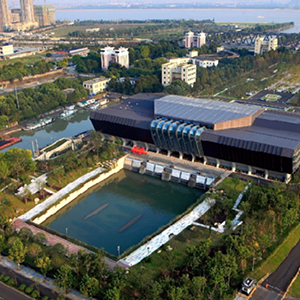
Research
Explore drainage technology at drainage pump satation.

Big Challenge
Grouping with Chinese students major in Water Engineering. Create innovative solutions to deal with rising sea level for costal cities.
Departure

Goodbye
Drop off at Hangzhou Xiaoshan Airport
